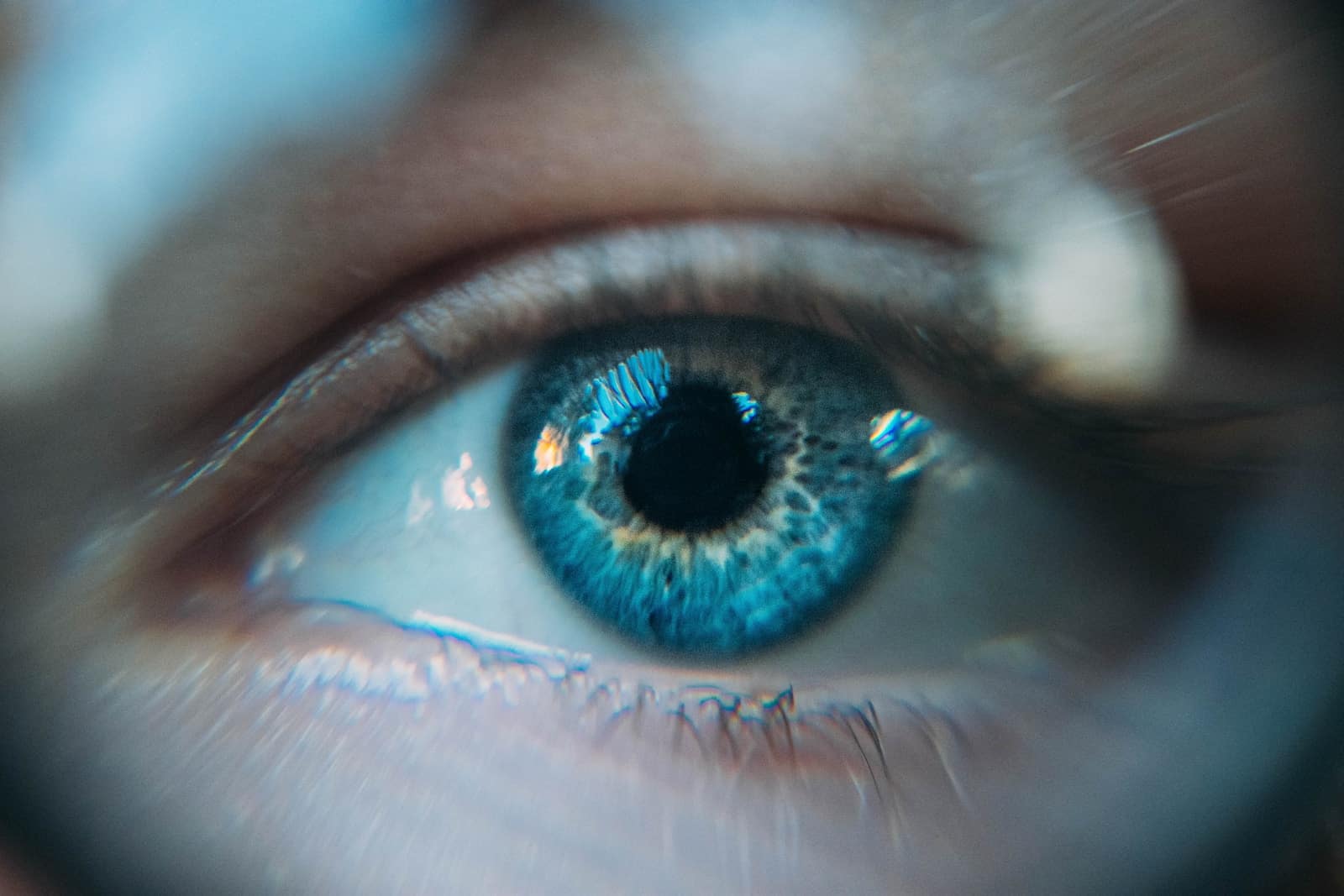Being in love can be euphoric and exhilarating. It can make you feel on top of the world, and that there is nothing you cannot achieve.
That simultaneous feeling of infatuation and happiness, of excitement and nervousness, and sexual attraction and lust – there is nothing in the world quite like feeling in love.
Some of the physical signs of being in love include sweaty palms and flushed cheeks. Your voice might get a little higher and you may even feel a little sick.
And your pupils may dilate. Ever wondered why our pupils dilate, and does it mean you are in love? Well it can be a sign but it can be something completely different.
What are your pupils and why do they change in size?
So, as you are very likely already know, the pupil is the black hole in the centre of your eye – or more specifically the centre of your iris (the coloured part of your eye).
We each have muscles in our iris and it is those muscles that change in size to determine how big our pupils are.
This is typically due to a reaction to the amount of light available, and our pupils actually play a pretty crucial role with our vision.
For instance, your pupils will contract and be smaller if you are in a setting where there is bright light, but will dilate and get smaller when in a dimmer environment.
Our pupils are protected by what’s called the cornea – a clear dome over the eye.
Are dilated pupils a sign of attraction?
In essence, yes, dilated pupils can absolutely be a sign of attraction.
When you encounter someone you are attracted to, it leads to a response from your sympathetic nervous system – the same thing occurs during times of alarm, which triggers the fight-or-flight response.
So, why does it occur?
Well, basically oxytocin and dopamine – colloquially known as “love hormones” – impact the size of your pupils. When you feel a romantic or sexual connection to someone, your brain gets a big old surge in these chemicals that leads to your pupils dilating.
Additionally, research suggests that dilating pupils could be linked to a more biological need to reproduce. A male may feel attracted to larger pupils due to an innate desire to pass on their genes, while a female’s dilated pupils mirror this attraction.
What are some other causes of pupil dilation?
Other emotions than love can actually cause our pupils to increase such as anger, fear, and anxiety. Pupil dilation can be quite an animalistic reaction to assess threats to our well-being.
Dilated pupils can be a sign of a head injury. If you wear contact lenses, it makes sense to book an appointment with an eye doctor to make sure your eyes are in good condition before putting them in.
Some prescription medicines can cause our eyes to dilate, as can recreational drug use.
And of course there are medical reasons.
Adie’s pupil is a rare neurological disorder without a cure where one pupil is bigger than normal and either fails to contract or is slow when reacting to bright light.
Congenital aniridia is a rare condition from birth that is the partial or complete absence of the iris, meaning there is no regulation to how much light enters the eyes leading to sensitivity to light and larger pupils.
Benign episodic unilateral mydriasis is a harmless condition where only one pupil becomes dilated – this condition can lead to blurred vision, headaches, and eye pain.

